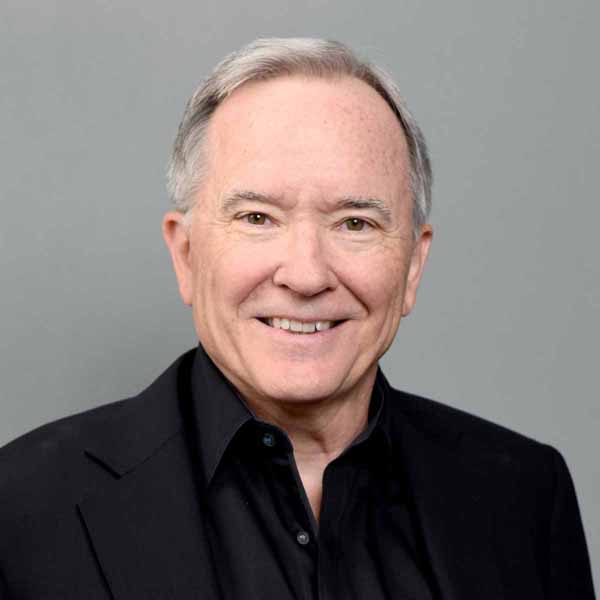
Gary W. Hill
Professor of Music/Director of Bands
Arizona State University
Biography
Gary W. Hill — Professor of Music and Director of Bands Emeritus at Arizona State University, where he taught from 1999-2019 — is one of the most sought after guest conductors and clinicians in the instrumental music education field. As a conductor, appearances in more than a dozen countries and throughout the United States have included performances with myriad high school honor bands, numerous college and university wind bands and orchestras, many professional ensembles, at the Midwest International Band and Orchestra Clinic, and at World Association of Symphonic Bands and Ensembles' conferences As a clinician, Hill has presented hundreds of workshops on conducting and rehearsal technique for music teachers of all levels and has worked with thousands of bands and orchestras and their teachers. Professor Hill is currently a Conn-Selmer Educational Clinician.
Prior to Hill's appointment at ASU, he was Director of Bands at the University of Missouri-Kansas City Conservatory of Music (1986-99), at Texas A&M University-Commerce, (1982-86), and Associate Director of Bands at the University of Colorado, Boulder (1980-82). He also served as Music Director for the Kansas City Youth Wind Ensemble and for newEar, a chamber ensemble devoted to contemporary music. Hill began his teaching career in Michigan, where he was Director of Bands for the Traverse City (1977-80) and West Bloomfield (1974-77) public schools.
High school, university, and professional ensembles under Hill's direction have given performances for the National Band Association, the Music Educators National Conference (NAfME), the College Band Directors National Association, the American Bandmasters Association, the International Horn Symposium, the National Flute Association, at many state conventions, and throughout North America, Europe, and Asia. Performances conducted by him have consistently drawn praise from composers, performing musicians, and critics alike for their insightful, inspired, and cohesive realizations, and for their imaginative programming.
During Professor Hill’s 39 years as a collegiate conducting teacher, he taught scores of undergraduate and graduate conducting students and served as the primary mentor for 53 wind band conducting majors, 8 who are serving as conductors of US Armed Forces’ ensembles and other professional groups, and 42 who won university teaching positions.
Hill remains passionately involved with research concerning the exploration of biochemical reactions spawned by musical processes, the art, and craft of conducting, and the past, present, and future of instrumental music in schools. He is the author or co-author of numerous articles published in music journals (CBDNA Journal, WASBE Journal, Bands of America, National Association of Schools of Music, AMEA Journal, etc.) and in other journals, proceedings, and books, including: the Acoustical Society of America; The Oxford Handbook of Making Music and Leisure; and in the Journal Hormones and Behavior. Hill has discussed his research as a keynote speaker for regional, national, and international meetings.
Professor Hill is a member of many professional organizations, including the American Bandmasters Association and the College Band Directors National Association, for which he hosted the “Fiftieth Anniversary National Conference” (1991), co-hosted the 2019 biennial national conference, as well as the joint conferences of the North Central and Southwestern Divisions in conjunction with The Society for American Music (1998), served as president of the Southwestern Division (1989-91), and as national president (2003-05).
Session Titles
Improving Ensemble Performance
Teacher
While working with your ensemble, we will cover musicianship and the basics of ensemble performance.
Losing Control & Gaining Engagement: Tips and techniques inspired by science for improving motivation and performance in ensembles
Teacher
Music making is a complex human activity. It is hard to separate the effects of one’s underlying physiology and psychology from the impact of the social environment and the music itself. Increasing our knowledge and understanding in all of these areas can be used to create a more effective and engaging music making experience. Current research from the fields of neuroscience, psychology, biology, and social dynamics has the potential to positively affect large ensemble rehearsals.